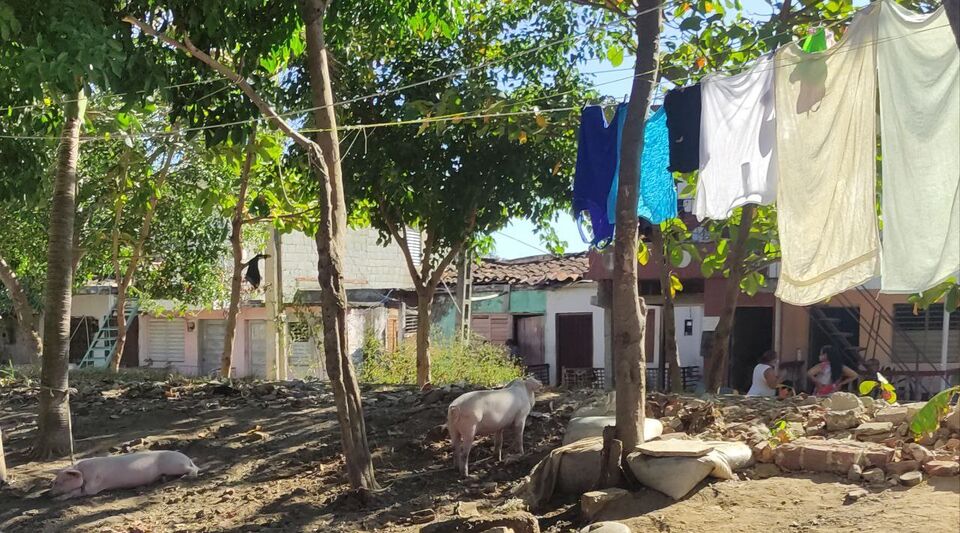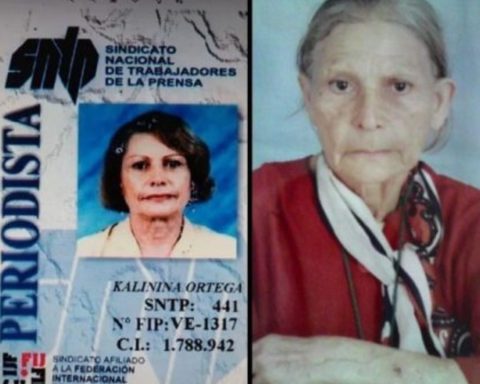The Council of State determined that the sale of the Nation’s shareholding in isagen did not affect the collective rights and interests of the community, as it has not been proven that this decision affected administrative morality, the Nation’s patrimony or the continuity in the provision of the public energy service.
(Also read: Comptroller denounced fraud in transfers of the Victims Unit).
The decision is due to a demand that, in exercise of the means of control of the popular action, filed former president Álvaro Uribe. The legal action indicated that, during the government of the latter, significant progress was made in terms of profitability and financial sustainability of the company.
As important achievements, he pointed out the reduction of the claims of a lawsuit that EPM intended to file against Isagen, which exceeded $6,000 million, and was reduced to about $3,000 million. He noted that, thanks to this type of management, profit margins were raised, to the point that the net profit recorded in 2012 exceeded $460,000 million.
“For the plaintiff, the decision of the council of ministers to put 1,572 million shares of the company, which are owned by the State, up for sale, put Colombians’ assets at risk, since they expected to receive 4.5 billion pesos, when only between 2011 and 2012 its assets had increased by more than one billion pesoss”, says a statement from the high court.
(What’s more: Departments in which royalty investments were approved the most in 2021).
He assured that this alienation process would not it only put public finances at risk but also the commitments of the Nation in terms of electricity generation, with users of residential public services and with care for the environment.
With the intention that the State Council protect the required collective rights, former President Álvaro Uribe argued that the sale was decided without taking into account many macroeconomic variables; that the State acted in favor of third parties, by fixing the price with methods that distorted reality. He ratified his reservations regarding the company’s commitments to generate and sell energy, the violation of the environment and the damage to state assets.
The Council of State warned that the Government could make this decision, to the extent that it was the result of what was examined by an economic and social policy council (Conpes), held on April 19, 2004, in which it was established policies to clean up public finances, promote the democratization of share ownership, promote the development of the regions, among others.
(Also read: The country will multiply by a hundred its capacity in renewable energies).
All these measures, said the room, they are not subject to judicial control by the popular judge, since they are the exclusive competence of the Executive. He specified that, as the Council of State concluded upon hearing the annulment claim against the decree that authorized the sale, these determinations are within the discretionary power of the Government.
Based on the foregoing, the court maintains that the objective element of the violation of the collective right to administrative morality is not fulfilled; which is the violation of the legal principles on which the action of the administration must be based. Nor is the configuration of the subjective element evident, since There is no evidence in the process about the existence of rigged or corrupt conduct that have served as an instrument to carry out the sale.
(See: The challenges of Colombia before the face-to-face return to classes).
The foregoing, if it is taken into account that the determination is due to the conclusions of the Conpes of April 19, 2004. There, the need to resort to mechanisms such as this one to finance different projects and not corrupt, dishonest or irrational purposes was pointed out. In fact, the process began with a participation of 5.8 billion from the State in Isagen, while its sale was finalized in more than 6.4 billion.
BRIEFCASE
















